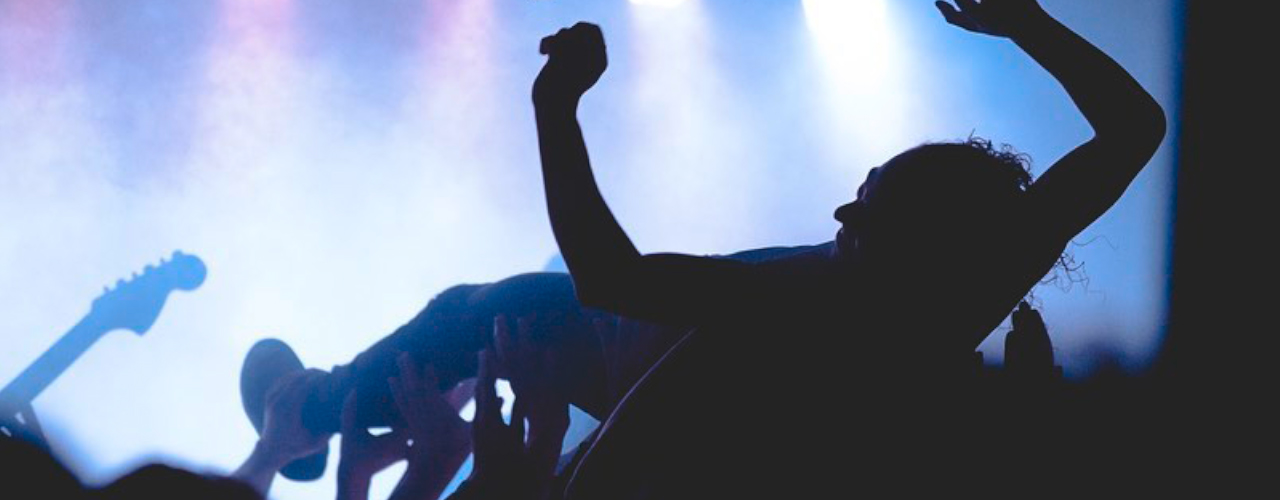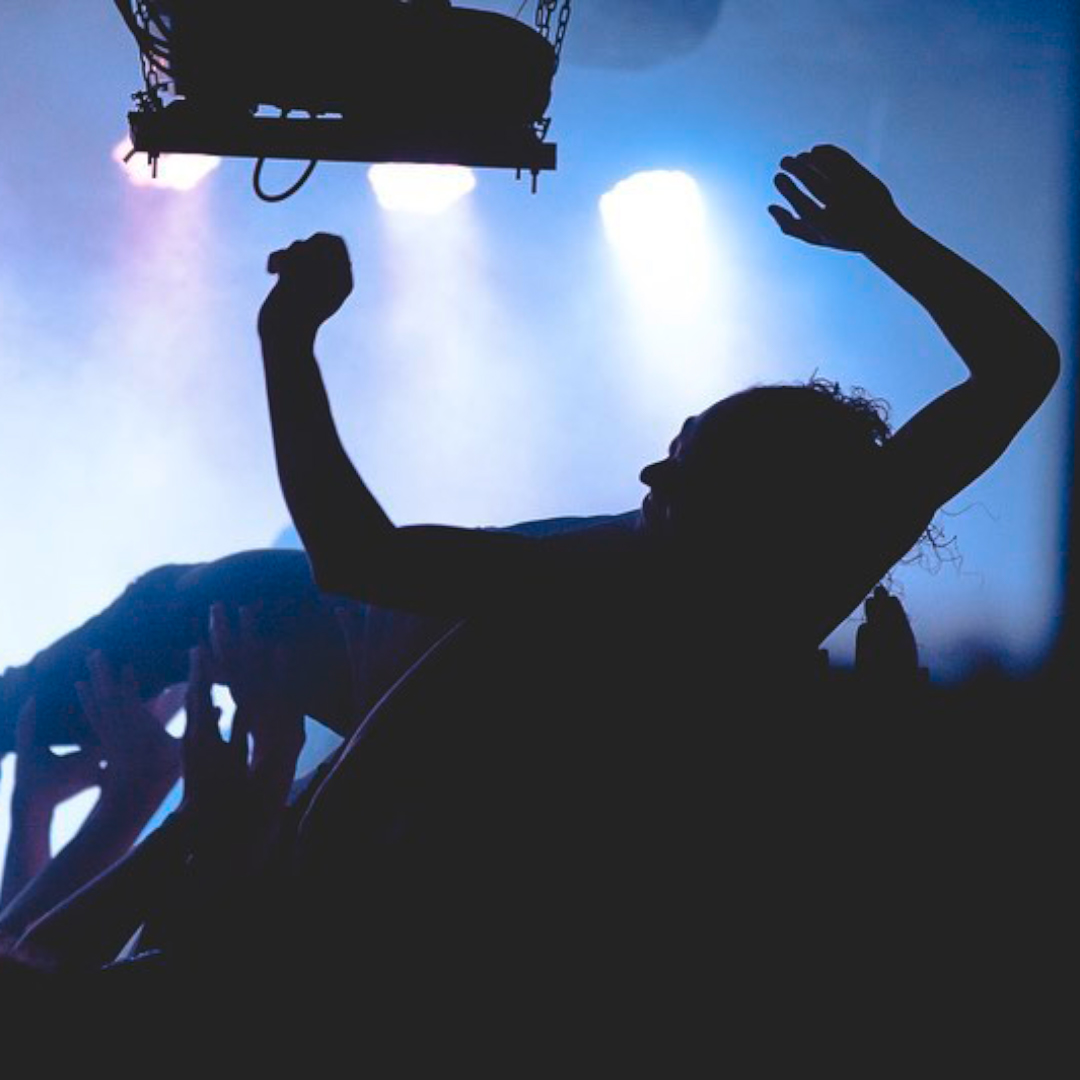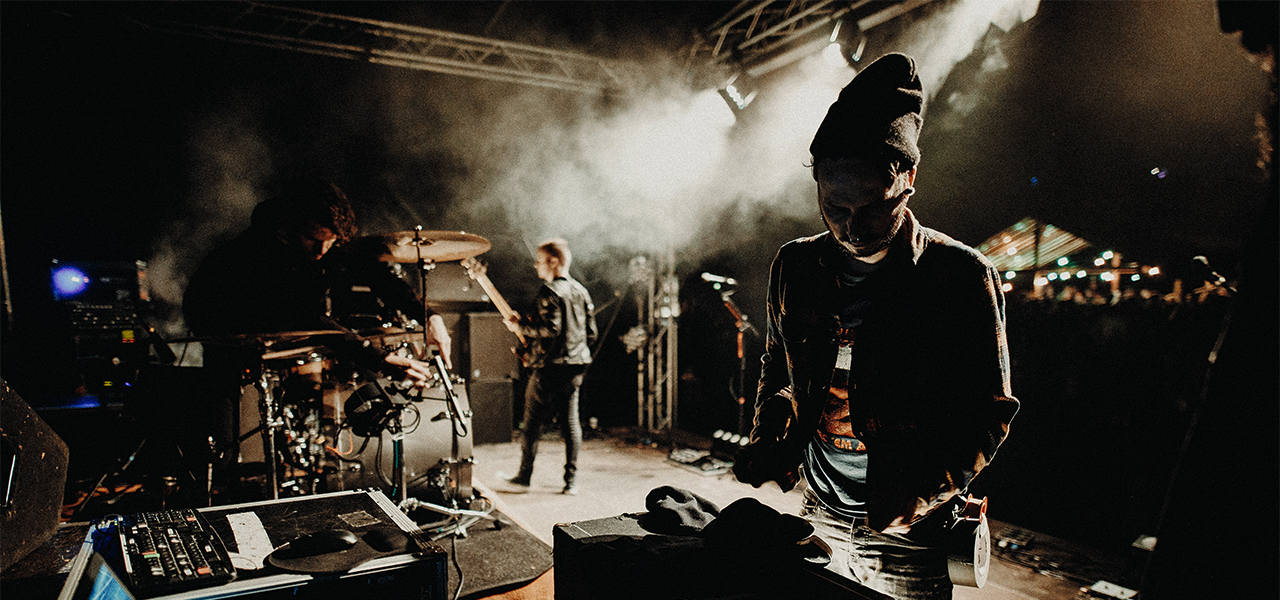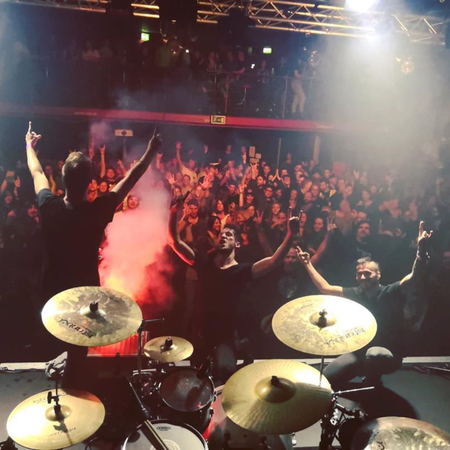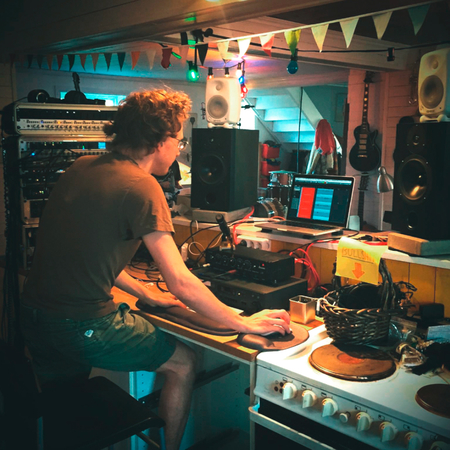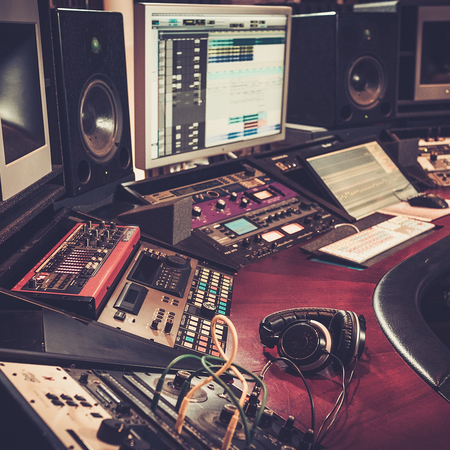The door deal sounds fair: the band gets all or part of the income 'from the door', i.e. from the entrance fee. The fee thus depends on how many guests are coming. The usual ratio is 70/30: 70% of the entrance fees for the band, 30% for the promoter or club. The club itself is financed by the bar.
